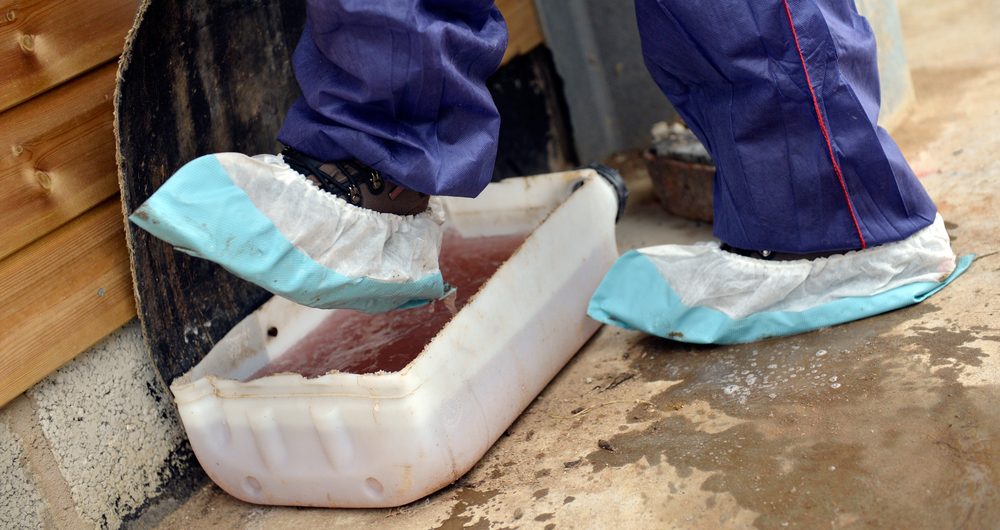The NFU has also worked with members to create a short video that can be shared on social media to remind all keepers, even those with only one or two birds, of their responsibilities under the current housing order.
You can watch and share the video here:
More from NFUonline:
APHA checklist - a useful reminder of the things you need to be aware of
Maintenance
- Regularly inspect roof and building maintenance including ventilation shafts/ducts.
- Avoid leaking roofs.
- Replace any undersized guttering and blocked or damaged downpipes as this may lead to water ingress.
- Keep moss/vegetation off the roof as it can attract wild birds who eat insects beneath.
- Prevent small holes that could allow access by wild birds/rodents.
- Keep site clear of vegetation to reduce cover for rodents/reduce attractiveness to wild birds.
- Clear up spillages of feed as it can attract rodents or wild birds.
Bedding
- Consider whether you are appropriately using and storing bedding materials.
- Avoid bedding and bale wrapping/storage outside.
- Remove bale wrapping outside the shed.
- If carrying wrapped bales into the shed, clean and disinfect the outer wrapping first.
- Don’t enter the shed with vehicles unless they’ve been cleaned and disinfected.
Staff
- Conduct regular training to raise awareness to disease incursion – particularly weekend and holiday cover.
- Ensure the consistent use of site-specific boots and clothing.
- Use site specific PPE including boots and overalls, dedicated/disposable gloves etc which can be disinfected/disposed of and used for all visits (such as egg collections/feed deliveries/ABP collections).
- Employ dedicated staff.
- Have a management procedure with step-over partitions for clean and dirty areas at the building entrance.
Record keeping
- Ensure staff are aware of importance of good, accurate record keeping. Site access records/visitors books must be maintained on site (ABP disposal and collection, feed deliveries)
- Production records should go back at least two months.
- Daily figures for production parameters are needed such as feed, water, egg numbers, mortality – ideally in a spreadsheet updated daily. If white boards are used, photograph them prior to wiping.
Miscellaneous management
1. Implement measures to control site access such as gates, chains and locks. Keep doors to poultry houses shut.
2. Disinfectant:
- Use approved disinfectant and use it at the correct strength
- Cover boot dips to prevent dilution by rainwater/organic matter
- Replenish regularly/especially if it gets contaminated with organic material
- Ideally use a water/detergent dip to cleanse footwear before using disinfectant
3. Water bodies on or close to the site should be netted.
4. Don’t have feed mills and hatcheries/egg packing plants on the same site as the birds if you want to keep them out of restrictions.
5. Place ABP bins at perimeter/outside the premises boundary so vehicles don’t need to come on site.


